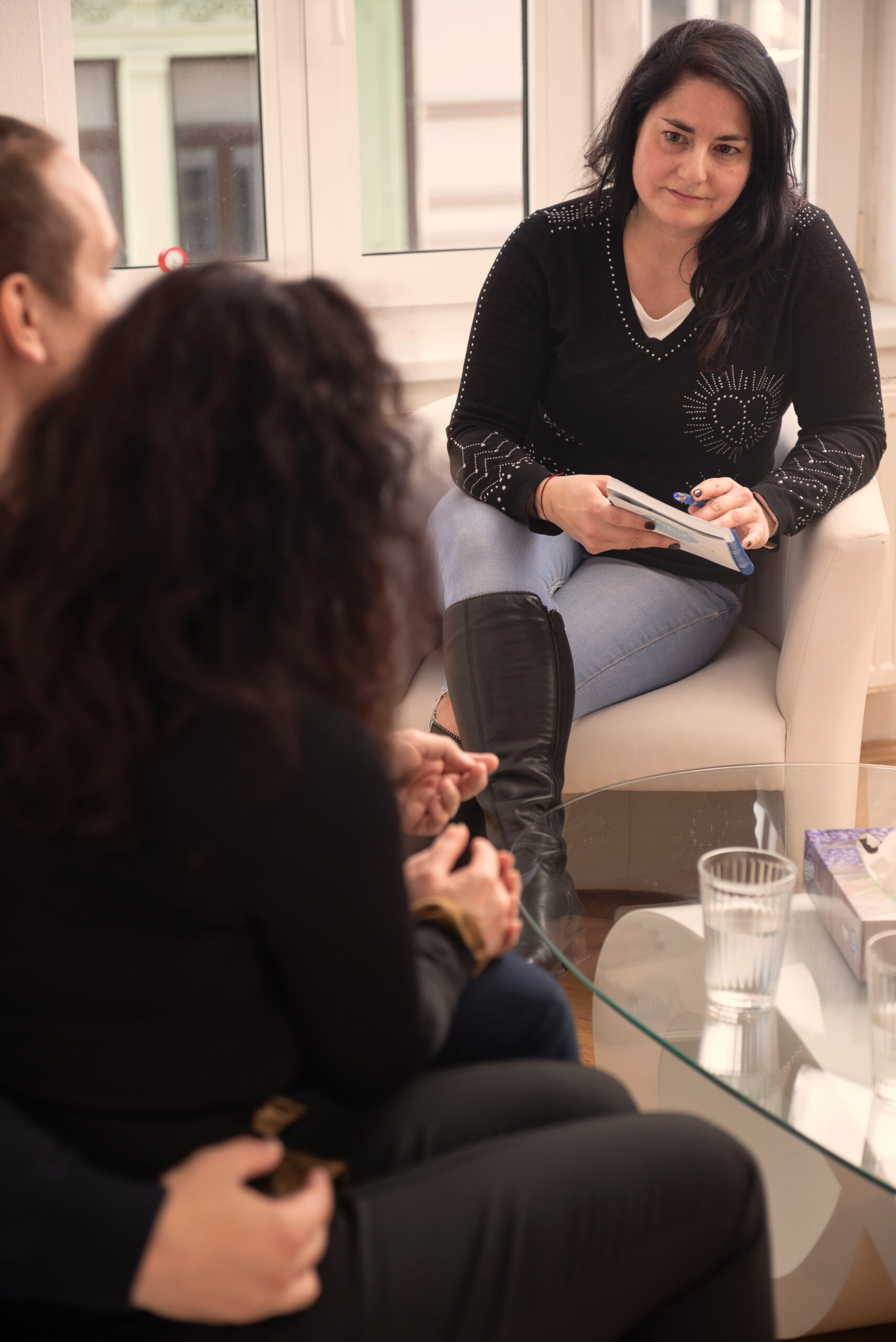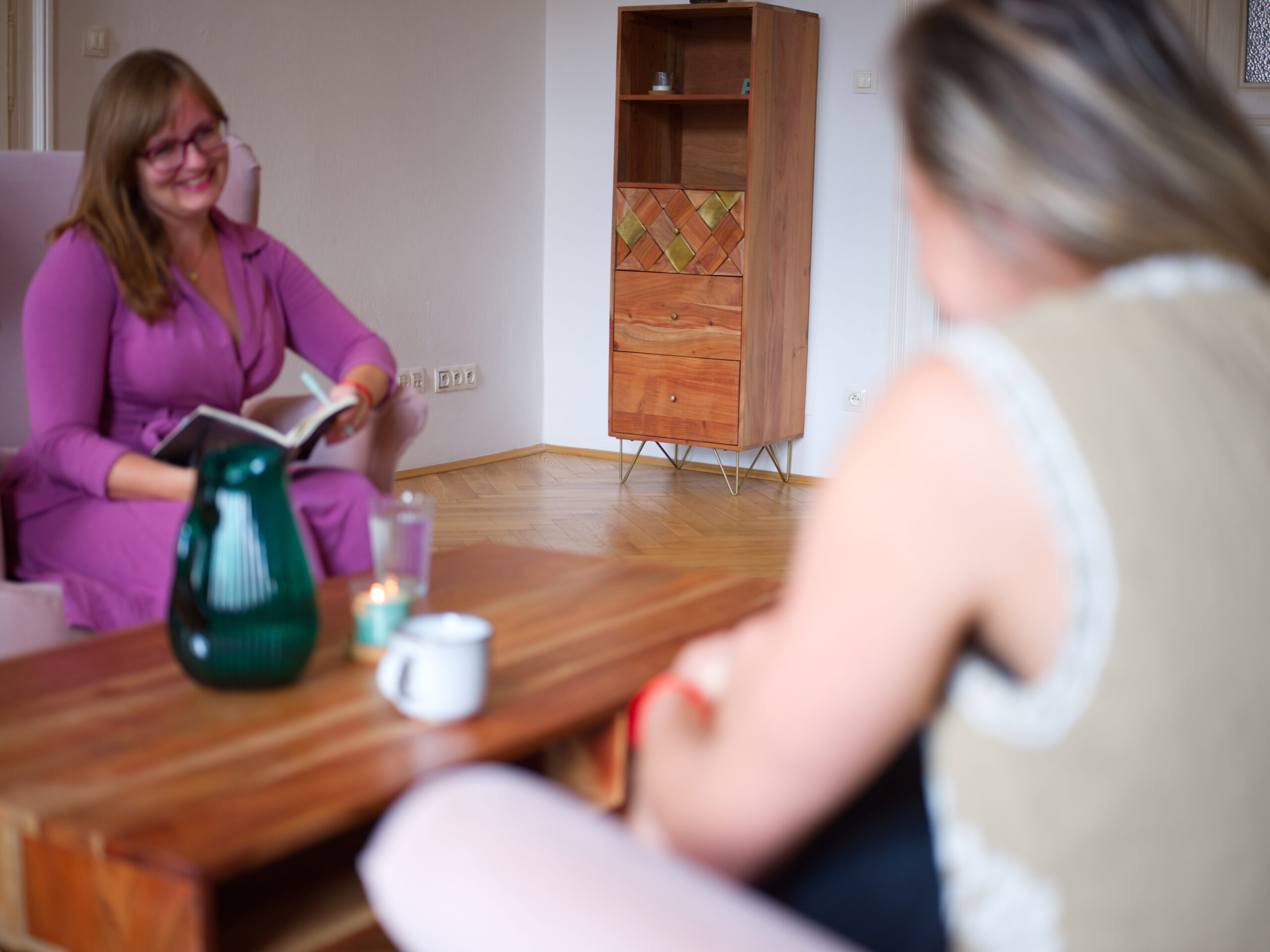Often you contact our clinic with questions about a personal substance abuse problem or the addiction of a loved one, most often a partner or a teenager or adult offspring.

Frequently asked questions about addiction
Often you contact our clinic with questions about a personal substance abuse problem or the addiction of a loved one, most often a partner or a teenager or adult offspring.
Addiction is all about the head
Addiction is all about the head. This is often said, and it has to be said that it is absolutely true. The alcoholic will get rid of the physical addiction fairly soon. The next and much more difficult task is to change his thinking. And how can our thoughts be influenced? One way is through targeted attention work.
Negative thoughts or thoughts about alcohol will lose their power over us if we don't pay close attention to them. This is usually not easy to do because they are intrusive. But we can learn to work with attention just by training its controlling component, which is called mindfulness. Mindfulness is a kind of distributor of attention that determines what internal or external content will be the main focus of attention.


The Mindfulness Method works on the basis of a now unquestionable assumption, namely that the cognitive function of mindfulness can be trained and strengthened very effectively. This is nowadays already confirmed by magnetic resonance imaging.
In the study participants who practiced mindfulness regularly for eight weeks, completely new, effective synaptic connections were made in the brain in the prefrontal cortex and limbic system. In simpler terms, there was an increase in the density of the grey cortex in areas where emotions are regulated by thoughts and which are not very effective without prior training. This is why emotions so often win out over thoughts.
These are mainly drugs for anxiety or insomnia that contain benzodiazepines and certain analgesics (pain killers). Sleeping pills containing the active ingredient zolpidem can also be dangerous.
Simply put - we should be careful with any medication that brings immediate relief and only take these drugs in exceptional situations, never for a prolonged period of time.
Do you need advice on what service to book or have further questions about your first meeting? We will be happy to contact you by phone.
To order you can use our online booking calendar nebo využijte naši online chatovací službu v pravém dolním rohu.